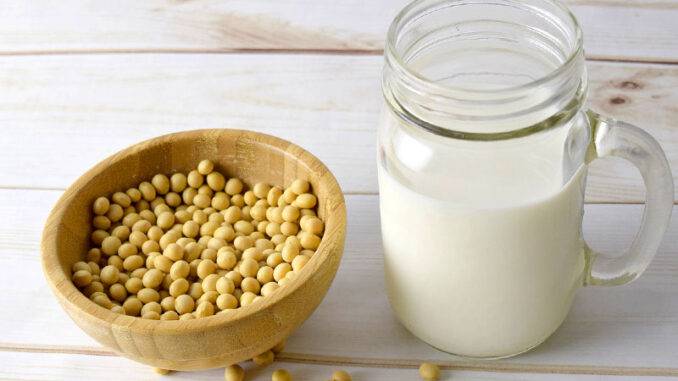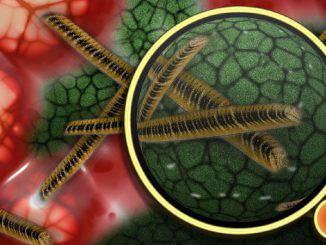
Lots of readers ask me whether they could benefit from the probiotic features of Kefir while staying vegan? The short answer is: it depends!
We distinguish two types of Kefir: Milk Kefir and Water Kefir, and we must say that, since milk Kefir is a dairy product, it cannot be vegan. Still, it is possible to make an “almost vegan” milk Kefir by using non-dairy types of milk.
Why did we say “almost vegan”? Well, let’s recall that the Kefir grains are living microorganisms, so they may not be considered vegan. Although there is no evidence that when fermenting in a non-dairy milk environment, Kefir grains may somehow interfere with non-dairy milk and make Kefir non-vegan, we have to remind this fact to the “purists” in veganism.
The other solution here is water Kefir. Both the water Kefir grains and all ingredients used to prepare water Kefir are vegan.
So, there are two ways to obtain a vegan alternative to Kefir:
- Make water Kefir
- Make milk Kefir with non-dairy types of milk.
This article will focus on a non-dairy and “almost vegan” alternative of milk Kefir by using “alternative kinds of milk” like soy milk, coconut milk, almond milk, or other non-dairy milk replacements.
Kefir grains need lactose.
Milk Kefir grains feed on the lactose found in natural milk. Since all non-dairy alternatives of raw milk do not contain any lactose, the microorganisms in Kefir grains could starve if they continually stay only in a non-dairy environment, negatively affecting their probiotic abilities.
That’s why it is a good idea to practice so-called “milk rotations“. If you use non-dairy kinds of milk to prepare your vegan Kefir, make sure to put the Kefir grains back into regular dairy milk at least once in every three brews. Otherwise, they may deteriorate.
As lactose is a form of sugar found only in milk, it is also a good idea to add small amounts of white sugar to your non-dairy Kefir brews so that the Kefir bacteria could somehow feed, at least partially, in the absence of lactose.
Don’t worry that your Kefir may become too sweet. The bacteria in Kefir will metabolize your sugar and convert it into acids. Once your Kefir gets fermented, it will no longer taste sweet.
However, sugar will not fully counterbalance the lack of lactose, and “milk rotations” are still advised to revitalize and boost the probiotic bacteria in Kefir grains.
What kinds of milk can be used for vegan Kefir?
Most of the non-dairy replacements of natural milk are made of different kinds of nuts.
Soy milk, coconut milk, almond milk, cashews milk, and even rice milk or oat milk can be used, and the drinks obtained from these non-dairy kinds of milk could be even thicker and more delicious than the “standard” Kefir drink made of cow or goat milk.
Some types of nut milk even have additional nutritional benefits. For instance, Kefir made from cashew or almond milk contains more protein than natural milk, This results in a thicker texture, similar to Greek or Bulgarian yogurts.
Additionally, cashews are rich in proanthocyanidin, a type of polyphenol that is a powerful antioxidant with anti-inflammatory properties, also known to inhibit tumors and stop cancer cells from spreading.
How to prepare non-dairy milk Kefir?
Beyond the “milk rotations” described above, preparing a Kefir drink from non-dairy types of milk must follow the same rules as kafir made with typical dairy types of milk. You will find these rules in our article “How to prepare milk Kefir“.
Note that both the dosage and the fermentation time may vary, the same way they change with regular Kefir. They also depend on the type of non-dairy milk you use and the temperature of the environment.
The higher the ambient temperature is, the faster you will ferment your Kefir. While in summer, the initial fermentation may be completed after 8 to 12 hours, in winter, Kefir may take 24 to 48 hours to ferment fully.
As a final reminder, don’t forget to “rotate” your Kefir batches by brewing one batch of Kefir with regular dairy milk every three batches made with non-dairy types of milk. That will keep your Kefir grains healthy and full of probiotic energy.



